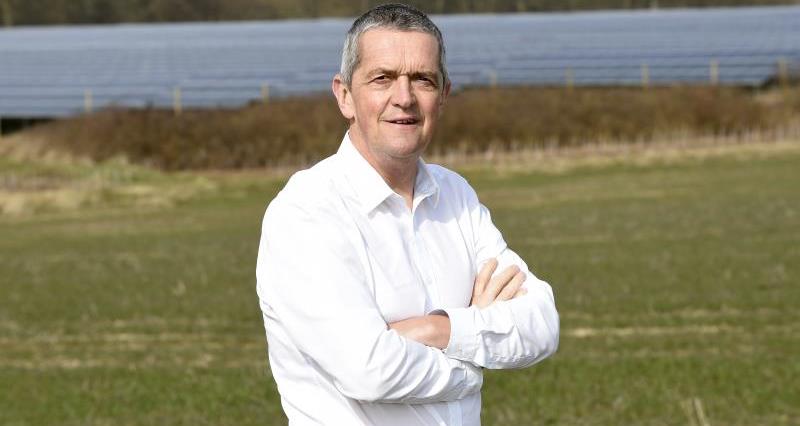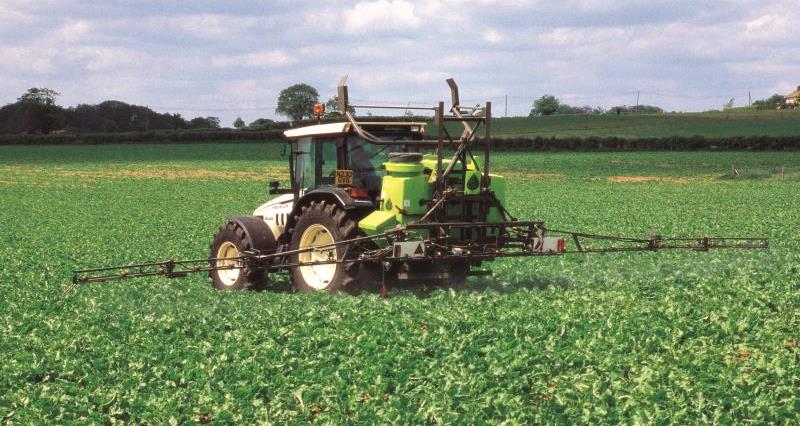UPDATE:
Speaking after today's meeting Mr Smith, part of a delegation from European farmers' organisations Copa and Cogeca, said: “Glyphosate is the most widely used herbicide in the EU. I have been using it on my arable farm for 40 years to produce quality grain used for bread-making. Pre-harvest use in particular ensures the highest quality for bread and saves money and CO2 emissions compared to drying the crop after harvest. Losing glyphosate would cost the UK economy alone 630 million euros annually, making us less competitive to farmers in non-EU countries who have good access to these tools”.
Copa and Cogeca Secretary-General Pekka Pesonen added: “Based on the unanimous mandate from all Copa and Cogeca members, we call for an extension of the approval of glyphosate for the next 15 years. Farmers need to have cost-effective and sustainable tools available to ensure safe, reliable and affordable food."
NFU Vice President Guy Smith will take part in a high-level meeting with EU Commissioner for Health and Food Safety, Vytenis Andriukaitis, to discuss delays on a vote to reauthorise products containing the active ingredient glyphosate.
Today’s meeting in Brussels comes after a second delay to the decision last month.
Mr Smith said then: “Like most farmers who use glyphosate regularly on my farm I am nothing short of exasperated as to why this key herbicide cannot simply and quickly be given the reauthorisation that has been recommended by EFSA - the appropriate EU scientific body.
“Some member states in the committee are prevaricating and wasting time when they could be taking decisions based on scientific evidence. Glyphosate is a pesticide which allows farmers to combat weeds while supporting cultivation methods that can preserve good soil structure. There is no sense behind this delay.”

In a statement to the press yesterday Mr Andriukaitis said: “Our scientific process is very stringent and relies on pooling of expertise between the European Food Safety Authority and all 28 member states. Our proposals and decisions on glyphosate were based on the guided assessment done by EFSA and before it the German Federal institute for Risk Assessment (Bundesinstitut für Risikobewertung). They both concluded that Glyphosate is unlikely to be carcinogenic.
“Since last autumn, my services have been discussing the best way forward. We have been aiming at a solution that commands the widest possible support. So far, even though a majority of member states is in favour of the renewal, no qualified majority has been reached, in spite of the Commission's efforts to accommodate requests and concerns from a number of national governments, as well as from the European Parliament (which expressed itself in favour of a 7-year renewal).
“Some have been reluctant to take a position. I believe it is important to clarify that once an active substance is approved – or renewed at EU level – it is then up to member states to authorise the final products (the herbicides and pesticides themselves) put on their respective markets.”
